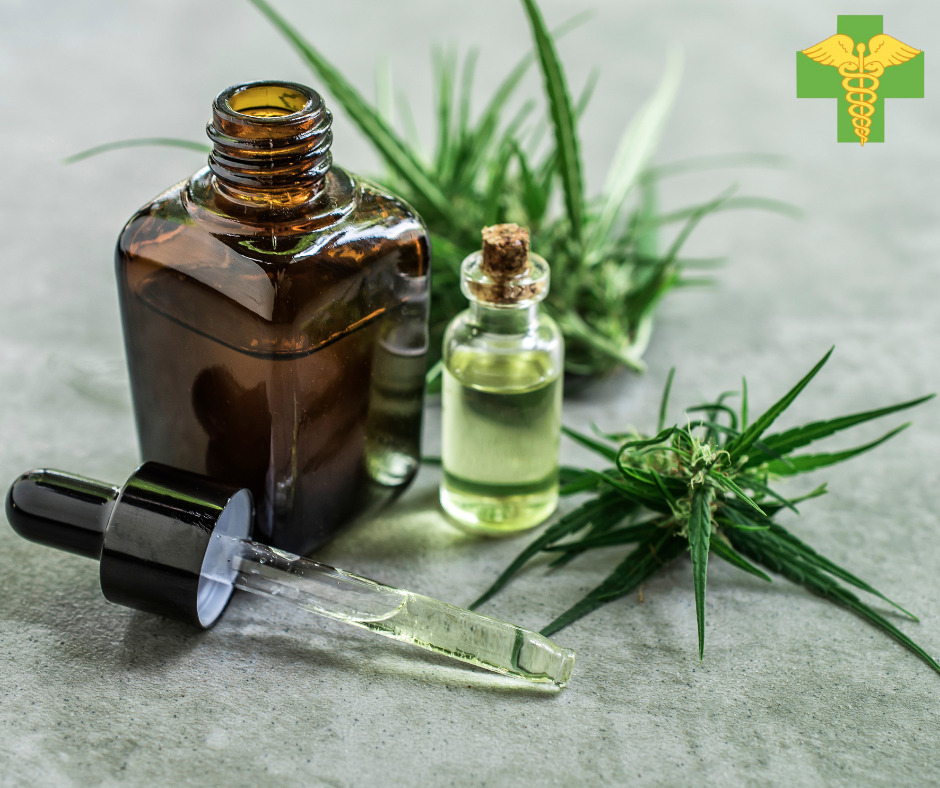Finding mold on marijuana can be concerning, and understandably so—it’s more than just unpleasant; it poses real health risks. Moldy cannabis can contribute to respiratory issues, allergies, and other serious complications, especially for people with compromised immune systems or underlying lung conditions like asthma.
How to Spot Mold on Marijuana
Mold on cannabis usually appears as fuzzy white, gray, or even black patches. You might also notice an unusual musty or mildew-like smell, different from the plant’s natural aroma. If your cannabis feels overly damp or spongy, that’s another sign mold may have taken hold. Paying close attention to these details can help you detect contamination before it affects your health.
Health Risks of Moldy Cannabis
Consuming mold-contaminated marijuana can irritate your lungs and airways, causing coughing, wheezing, or breathing difficulties. Individuals already managing asthma, allergies, or respiratory conditions are particularly vulnerable. While mild exposure may cause temporary discomfort, ongoing consumption could potentially lead to more severe lung infections or inflammation.
How to Prevent Mold Growth
The good news is mold prevention is straightforward. Storing your cannabis in airtight, moisture-proof containers in a cool, dry place makes a significant difference. Consider using humidity-control packs specifically designed for cannabis storage. Avoid plastic bags, as these can trap moisture and encourage mold growth.
Ensuring Safe, Mold-Free Cannabis
Your best defense against mold on marijuana is to buy from reputable, regulated dispensaries that perform regular mold testing. Carefully inspecting your products before use provides added assurance. By taking these simple steps, you can confidently enjoy the therapeutic benefits of cannabis without compromising your health.
Statements made regarding any products have not been evaluated by the Food and Drug Administration. The efficacy of these products has not been confirmed by FDA-approved research. These products are not intended to diagnose, treat, cure or prevent any disease. Information presented here is not meant as a substitute for or an alternative to information from healthcare practitioners. Please consult your healthcare professional about potential interactions or other possible complications before using any product. The Federal Food, Drug and Cosmetic Act requires this notice.

